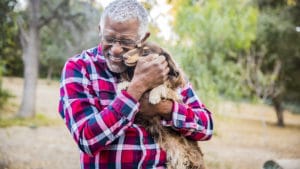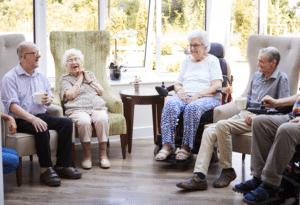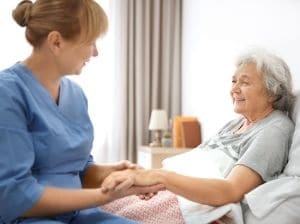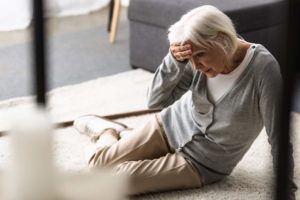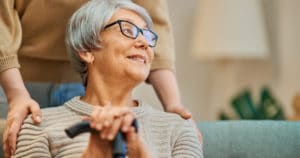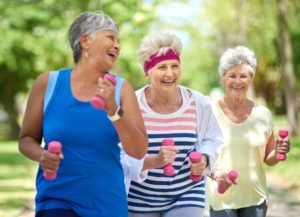
In life, it is very important to save money because we never know exactly what will happen. The problem is that we often end up living really stressful lives and it becomes very difficult to properly handle finances. Fortunately, this is a lot easier when we take into account a few very simple tips. Use them to jumpstart your road to a more stable financial future.
Calculate Your Exact Income
Most people think they know exactly how much money they make because their income is fixed but that is not always true. Often, there are many other sources of income that we end up neglecting. At the same time, fixed income can vary from month to month. This does sound illogical but think about the extra hours spent at work. They add to your fixed income and do vary from month to month.
At the same time, it is absolutely necessary that you list down all the sources of income. This includes little extra jobs and contracts. The more you know your income, the easier it is to create a good working monthly budget.
Be Aware Of Bills
You need to create a very good budget that will list every single one of your bills. Make a list with everything that you spend money on, ranging from cable bills to insurance.
For every single bill that you pay, make sure that you know exactly how much it sums up to. There are some bills that vary from month to month. In this case, just calculate a yearly average. Use that as being a monthly expense that you add to your budget.
Pay Money To Save Money
This is something few people understand about creating a monthly financial budget. The goal is to end up with more money at the end of the month. In order to do this, you need to take into account the situations in which you could save more by paying more.
A great example of this is buying an extended warranty policy for a vehicle. Read A Buyer’s Guide: Choosing The Right Extended Warranty For Your Vehicle. You will quickly realize that a few small monthly payments can help you save a lot in the long run.
List Your Needs
One of the best tips about creating a personal financial budget is to do it in January. This lets you plan for the entire year. The point is that all financial plans have to be based on a long-term analysis. In that plan, make sure that you include everything that you will need, like saving money, animal feed, car maintenance, boat maintenance, child clothes, homeschool materials, field trips, medical expenses, haircuts, birthdays, Christmas, and vacations, but only if money is left.
When you create a list, you figure out what you have to incorporate in your budget and what is not actually a need. You will not be blindsided by some things that you really need and you cannot have.
Get Ready For Debt Payments
If you have to deal with debt, try to prioritize removing this unnecessary stress factor. Always do all that you can to carry just minimal debt and it will be a lot easier to be financially independent. When your debt is low, it is so much easier to pay bills and you can even end up with higher savings.
Unfortunately, in most cases, people do not know much about debt repayment. They think it does not matter what payment is done first. In reality, the best approach is to pay off your higher monthly debt payment first. If you manage to repay your larger debt, you end up with more money that you can use for other purposes every single month.
Hire A Financial Advisor
Financial advisors know what it takes to properly manage a budget. They are educated to help you and there is no reason why you should not hire one. The trick is to find one that is experienced and honest. In order to do this, all you have to do is to read reviews written by people that actually worked with them. If you cannot find such information, the best thing you can do is to ask for references. Any good financial advisor will have references that you can contact.

